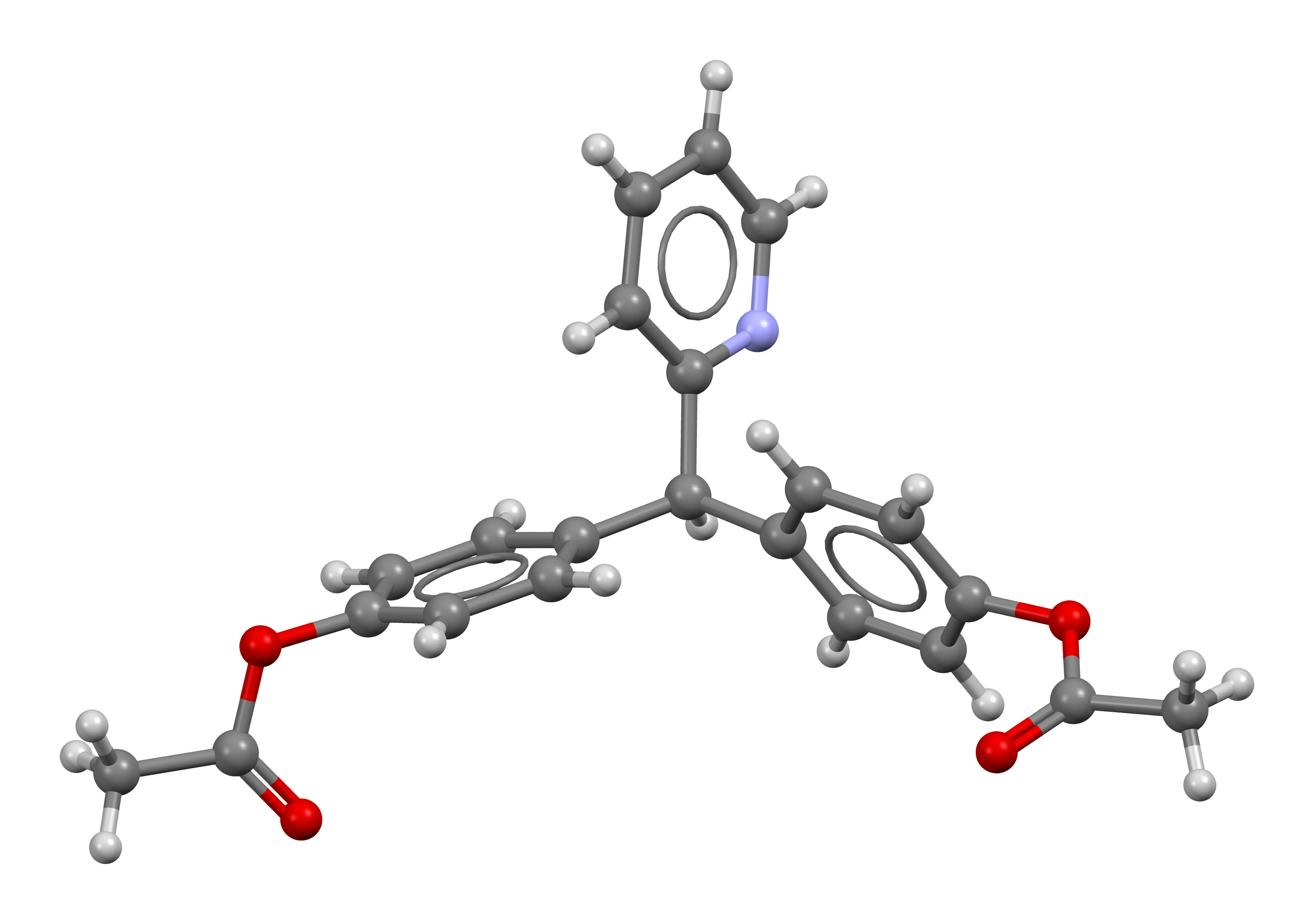| disease | Bisacodyl Toxicity |
| summary | Bisacodyl, a stimulant laxative, can cause adverse effects if misused or taken in excessive doses. Toxicity is rare but potentially serious, leading to gastrointestinal distress and, in severe cases, dehydration and electrolyte imbalances. Prompt diagnosis and management are critical. |
| name | Bisacodyl Toxicity |
| type | Adverse Drug Reaction |
| classification | Gastrointestinal/Metabolic |
| symptoms | | 1 | Abdominal cramping | | 2 | Nausea | | 3 | Vomiting | | 4 | Diarrhea (often watery and severe) | | 5 | Dehydration | | 6 | Electrolyte imbalances (especially potassium) | | 7 | Abdominal pain | | 8 | Headache | | 9 | Weakness | | 10 | Lightheadedness | | 11 | Heart palpitations |
|
| signs | | 1 | Dehydration (e.g., dry mouth, sunken eyes, decreased skin turgor) | | 2 | Tachycardia (rapid heart rate) | | 3 | Hypotension (low blood pressure) | | 4 | Electrolyte abnormalities (detected via blood tests) |
|
| causes | Ingestion of a bisacodyl dosage exceeding the recommended amount. |
| detailed etiology pathogenesis | Bisacodyl stimulates intestinal motility. Overdose leads to exaggerated stimulation, resulting in excessive fluid and electrolyte loss from the gastrointestinal tract. This can cause dehydration, electrolyte imbalances, and potentially cardiovascular compromise. The mechanism also involves abnormal gut motility and cramping. |
| investigations | | 1 | Complete blood count (CBC) | | 2 | Electrolyte panel (sodium, potassium, chloride, etc.) | | 3 | Blood urea nitrogen (BUN) and creatinine | | 4 | Urinalysis | | 5 | Stool examination | | 6 | Imaging studies (e.g., abdominal X-ray) if bowel obstruction or perforation is suspected | | 7 | Gastric lavage (rarely used for bisacodyl overdose) |
|
| treatment options | | 1 | Supportive care (focus on rehydration and electrolyte replacement, often via intravenous fluids). Hospitalization may be necessary for severe cases. | | 2 | Symptomatic relief (e.g., antiemetics for nausea and vomiting). | | 3 | Continuous monitoring of vital signs and electrolytes to ensure improvement. |
|
| differentials | | 1 | Other gastroenteritis | | 2 | Food poisoning | | 3 | Other laxative overdoses | | 4 | Dehydration from other causes | | 5 | Electrolyte imbalances from other causes |
|
| prevention | Adhere to the prescribed dosage of bisacodyl. Avoid prolonged or excessive use. Educate individuals about the potential dangers. |
| prognosis | Generally favorable with prompt diagnosis and treatment. Severe cases with dehydration and electrolyte imbalances may have a guarded prognosis. |
| other important details | | 1 | Bisacodyl overdose is more common in individuals with pre-existing health conditions, especially digestive disorders. | | 2 | Chronic misuse of bisacodyl can lead to dependence and electrolyte imbalances. | | 3 | Seek immediate medical attention for suspected bisacodyl toxicity. |
|
